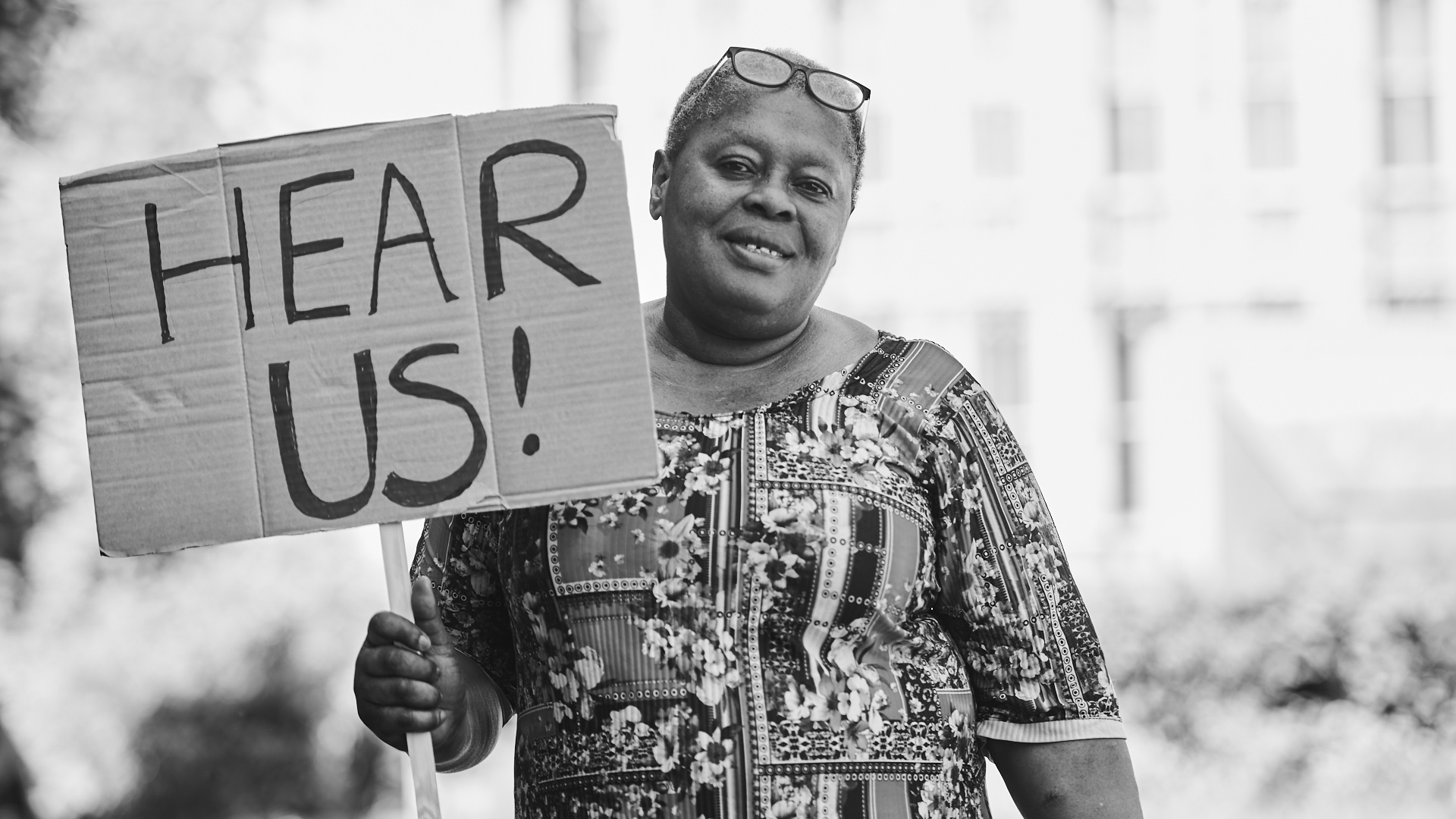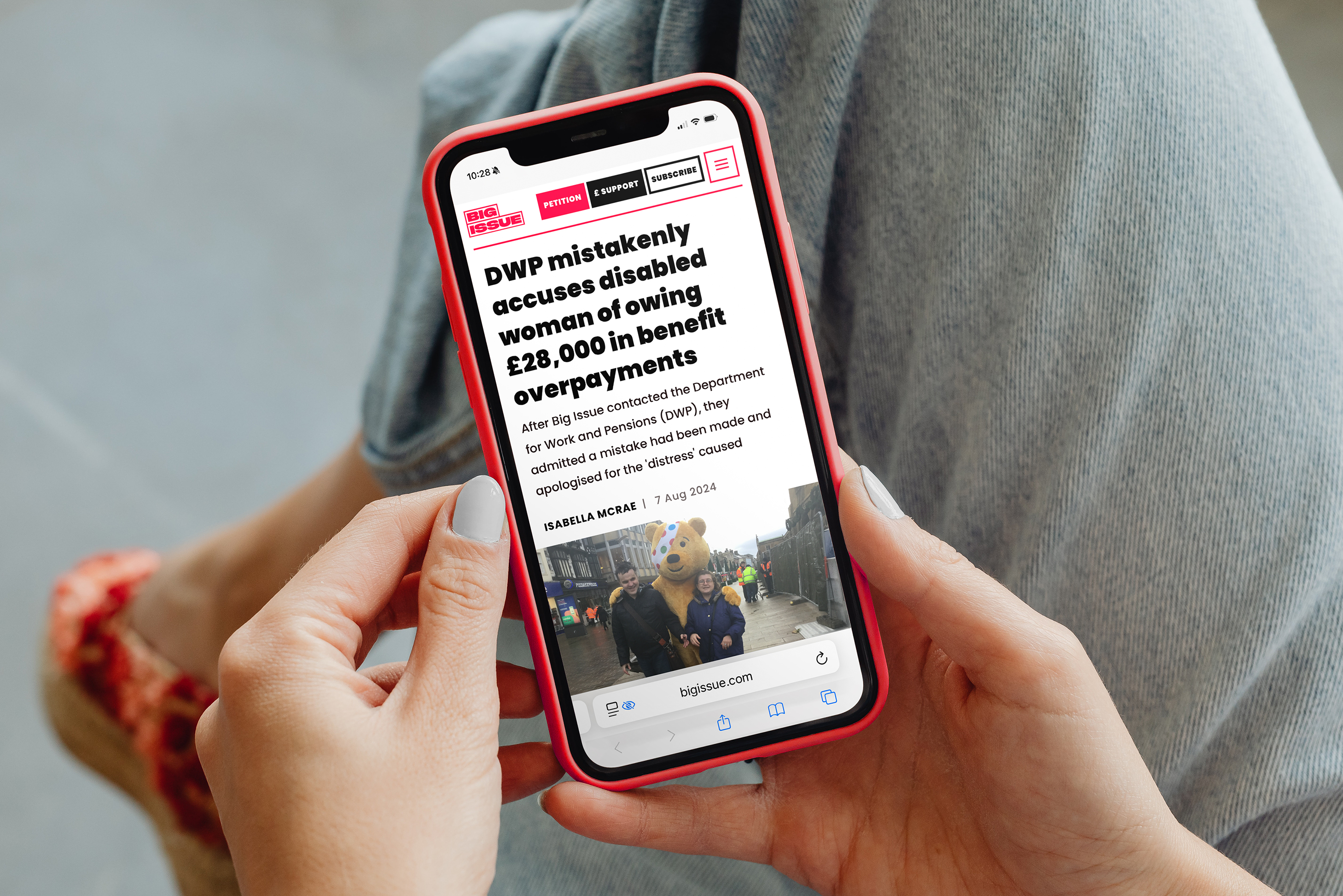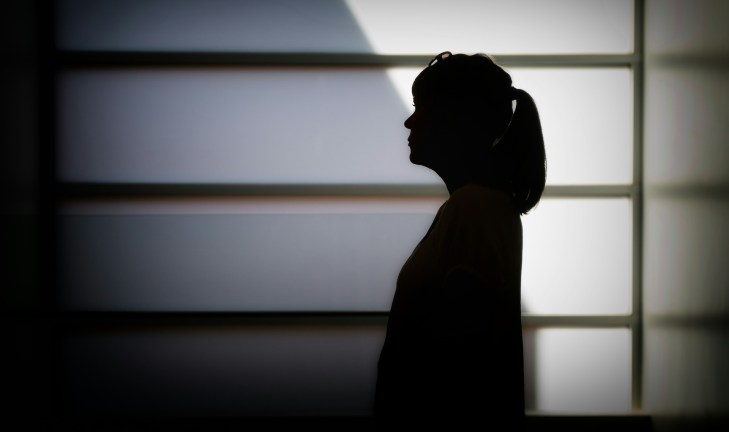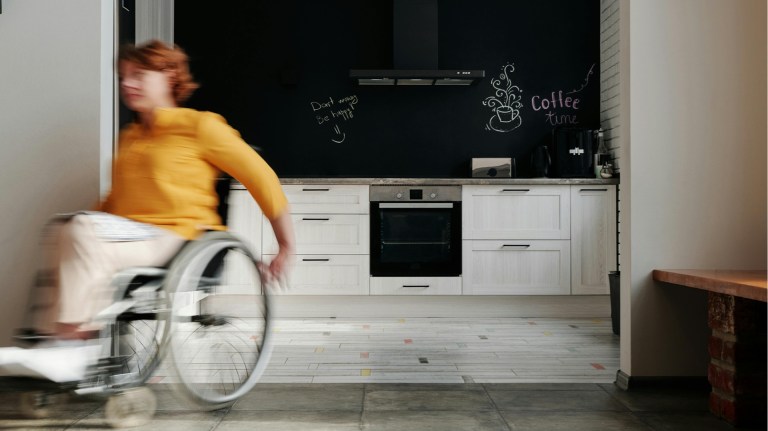It has been one year since the far-right, racist and Islamophobic riots swept across the UK, targeting hotels accommodating people seeking asylum. The scenes of summer 2024 – riot police, flares, violent disorder, hate chants – were horrifying, but they weren’t isolated. They were the result of a hostile political culture that has dehumanised and demonised people who come to the UK to seek safety.
And a year later, that hostility hasn’t disappeared. It’s hardened. Let’s be clear, the far-right protests of last year, and those of today, didn’t emerge in a vacuum. They were legitimised by certain politicians and elements of the media that repeatedly scapegoat some of the most vulnerable in our society.
We have seen MPs use language echoing the far-right to describe people seeking safety in the UK – language I won’t repeat and give weight to here – and newspapers routinely splash sensationalist headlines designed to stoke fear, division and hatred.
Read more:
- One year on from the riots, what can Kent tell us about the state of the UK?
- How Britain’s high street decline is fuelling Reform UK’s rise: ‘There’s a sense that politics has failed’
- A legacy of tragedy: What has changed one year on from the Southport killings?
When this kind of rhetoric comes from people in power, it gives cover to violence. It emboldens. It creates a climate in which hostility not only becomes acceptable, but inevitable.
And it has real life consequences. It turns refugee women into targets. At Women for Refugee Women, where we support women navigating the asylum system in the UK, we have heard from countless women who are afraid to go outside. They fear they will be targeted, simply for seeking safety here.









